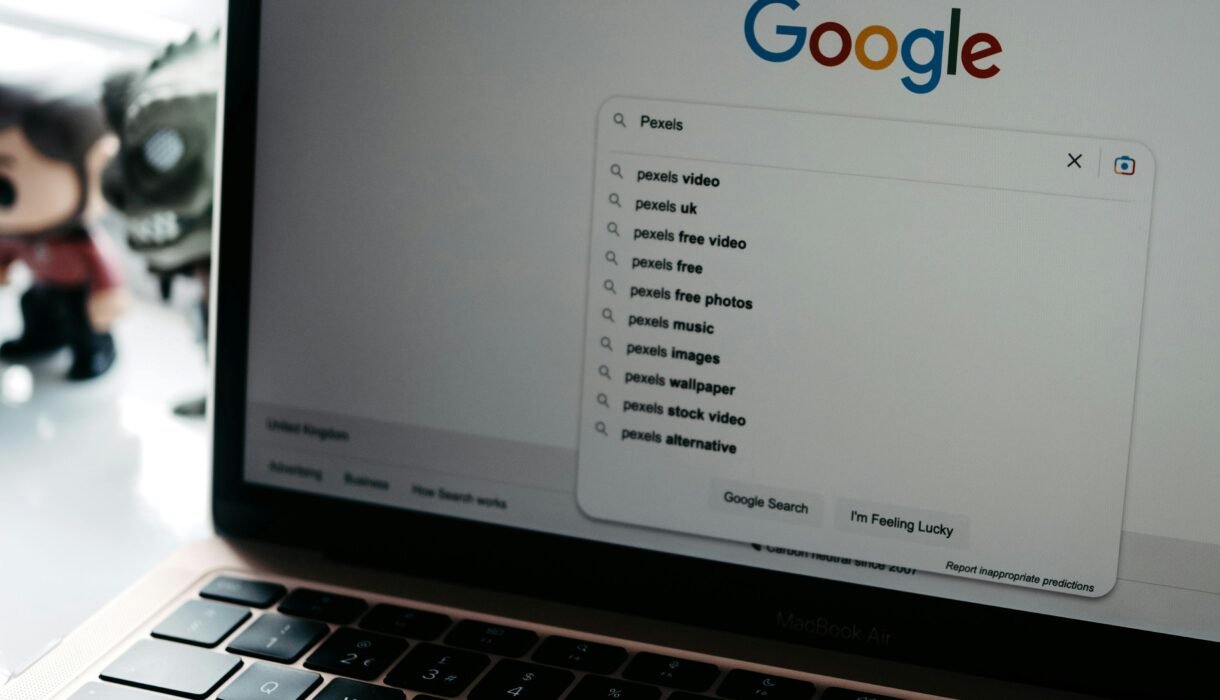
SEO vs PPC: Why Your Paid Campaigns Need SEO
Posted in :
Why is alligning SEO and PPC an important element of digital strategy?
As digital marketing evolves in 2025, the choice between SEO vs PPC feels more complex than ever. One promises long-term growth, the other delivers instant results — but is it really a matter of choosing one over the other? In this article, we’ll unpack the pros and cons of both paths as well as the benefits of combined approach.
What’s the difference between PPC and SEO?
Many business owners think of SEO and PPC marketing as two separate worlds that never meet. In reality, the most effective digital marketing strategies use both, allowing each to amplify the other’s results. When SEO and PPC campaigns work together, you gain broader visibility, better ROI, and more consistent lead generation.
What is SEO?
Search Engine Optimization (SEO) is the process of improving your website to rank higher in search engine results without paying for clicks. It focuses on optimizing content, structure, and technical performance to attract organic traffic. SEO is a long-term strategy that builds authority, credibility, and sustainable visibility.
What is PPC?
Pay-Per-Click (PPC) advertising is a paid marketing model where you bid on keywords, and your ads appear in search results or across online platforms. You pay only when someone clicks your ad. PPC delivers fast results, making it ideal for short-term campaigns, promotions, or immediate lead generation.
Choosing between SEO or PPC
Businesses often ask: “What’s better — SEO vs PPC?” The real answer is that it depends on your goals, timeline, and budget. More importantly, the most effective digital marketing strategies don’t treat them as competitors but as complementary forces that amplify one another.
When PPC wins? If you need leads quickly. Say, for a new product launch, event promotion, or to fill your sales pipeline fast — PPC is your short-term powerhouse. Paid ads can put you at the very top of search results instantly, even in competitive markets. The downside? Costs can escalate as more competitors bid on the same keywords, making PPC harder to sustain without continuous budget allocation.
When SEO wins? SEO is the long-term investment in your brand’s visibility. It won’t put you at the top of Google overnight, but when executed strategically, it creates a steady stream of organic traffic without the ongoing ad spend. For businesses working with tighter budgets or aiming for sustainable growth, SEO builds authority, credibility, and cost-effective lead generation that compounds over time.
The smarter approach is to use both. PPC and SEO working together balances each other’s weaknesses:
- PPC delivers instant visibility but can get expensive in the long run.
- SEO takes time to ramp up but creates a reliable, low-cost traffic source that keeps working for you.
PPC SEO: How optimization lowers your CPC
Even if your main focus is PPC, SEO plays a direct role in reducing your advertising costs. Well-optimized webpages improve Quality Scores, which means you pay less for each click while keeping top ad positions.
Quality Scores explained
Google assigns a Quality Score (on a scale from 1 to 10) to every keyword in your ad account. This score reflects how relevant and useful your ad and landing page are to a user’s search intent. A higher Quality Score essentially signals that your ad and page combination delivers a strong user experience — and Google rewards that by lowering your advertising costs while improving ad placement.
Research shows that Quality Score is determined by three main factors:
- Expected Click-Through Rate (CTR): How likely your ad is to be clicked, based on performance data from similar ads.
- Ad Relevance: How closely your chosen keywords align with your ad text. Ads that directly answer search queries tend to score higher.
- Landing Page Experience: How fast, relevant, and helpful the landing page is once a user clicks the ad. Google evaluates whether the page satisfies the searcher’s needs and provides a smooth experience.
Practical impact of SEO on PPC
Does SEO reduce PPC cost? Yes, through improving Quality Score which has a direct impact on lowering your cost per click (CPC). Studies in the digital marketing field consistently demonstrate that when businesses optimize their landing pages through SEO — by refining page speed, keyword targeting, and on-page content — they see measurable improvements in Quality Scores.
Case studies have also highlighted how aligning paid search and SEO leads to tangible results: advertisers achieved higher Quality Scores, reduced CPC, and in some cases even gained better ad positions with lower ad spend. In short, well-executed SEO doesn’t just help your organic rankings — it actively makes your PPC campaigns more cost-effective.
Covering the complete buyer journey
Ranking organically for high-intent commercial and transactional keywords is extremely competitive. That’s why many SEO strategies start with informational content — reaching customers early in their buying journey and filling the top of your sales funnel.
By adding PPC campaigns that target high-converting transactional keywords, you’ll reach buyers when they’re ready to make a purchase. This dual approach ensures you capture both early-stage researchers and ready-to-buy prospects, maximizing overall conversion opportunities.
Building a smarter strategy with SEO and PPC together
When businesses rely solely on PPC, they often see quick wins but struggle with rising costs over time. On the other hand, when they invest only in SEO, they build authority but may face long ramp-up periods before results show. The real magic happens when you combine the speed and precision of PPC with the lasting authority of SEO.
By running these strategies side by side, you’re not just chasing clicks — you’re building a complete customer journey. PPC ensures you capture attention immediately, while SEO strengthens your brand’s visibility and credibility for the long run. Together, they balance short-term performance with sustainable growth, making every marketing dollar work harder.
Rather than thinking SEO vs PPC, the most successful businesses align them strategically — reaching audiences at every stage, from the first spark of curiosity to the final purchase decision. If you want to create a marketing engine that keeps delivering today, tomorrow, and well into the future – we’ll help you with that.

